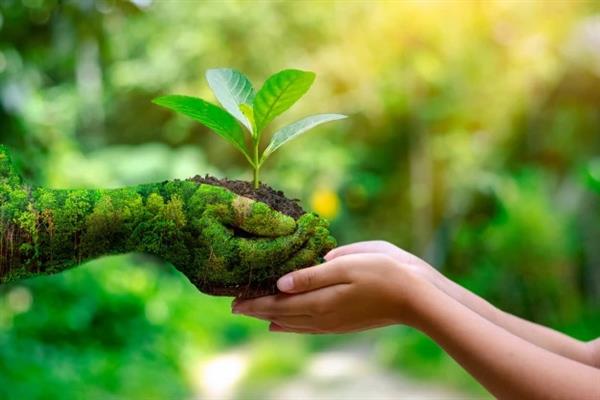In a world brimming with technological marvels and human achievements, it’s easy to forget our fundamental connection to nature. Yet, the wisdom of ages reminds us that we are an integral part of this intricate web of life, and our actions ripple through the natural world.
The Cycle of Karma: Sins, Good Deeds, and Rebirth
In many belief systems, there’s a notion that our deeds, both good and bad, shape our destiny. This idea holds in our relationship with the environment as well. The way we treat the planet, the sins we commit against it, and the good deeds we do to protect it have profound consequences.
It’s often said that if we don’t keep sins and good deeds zero, we risk being reborn into this world. While this idea may be metaphorical for some, it underscores the importance of our responsibility towards the environment.
The Sacredness of Nature
Consider for a moment the awe-inspiring beauty of a pristine mountain range or the life-giving essence of a single drop of water. These wonders are not of our creation, but they are gifts bestowed upon us by the very Earth we call home.
When we drill into a mountain or harm a water source, it’s akin to violating the sanctity of a mother. Mountains are not just heaps of rock; they are the homes of countless species, ecosystems of incredible complexity. If we destroy them, we displace not just wildlife but disrupt the delicate balance of nature itself.
The Power and Responsibility of Humanity
As the dominant species on this planet, humans hold immense power. But the question is: how will we wield this power? Will we harness it to protect and preserve all life forms, or will we exploit it for our gain?
Every person carries a spark of divinity within, a reflection of something greater than themselves. This divine essence is a reminder of our capacity for goodness and compassion. When we extend a helping hand to those in need, when we serve and protect our fellow beings, it’s akin to serving a higher purpose, a service to God.
Leaving a Legacy for Future Generations
In the grand scheme of things, we can’t take our material possessions or wealth with us when we depart from this world. What we can leave behind, however, is a legacy of stewardship and care for the Earth.
Today, we witness the painful truth that our actions are taking a toll on nature. Deforestation, pollution, and climate change are just a few examples. To safeguard the world for future generations, we must act now.
Beyond Reliance on Government: Starting NGOs for Nature:
Waiting for governments to solve environmental problems is not enough. Change often begins with individuals and grassroots movements. If you’re passionate about preserving nature, consider starting or supporting a non-governmental organization (NGO) dedicated to this cause. Such organizations can drive real change and raise awareness about the importance of conservation.
The Price of Selfishness
Ultimately, if we remain selfish and indifferent to the plight of our planet, it’s not just us who will suffer. The consequences of our actions will reverberate through generations to come. We must heed the call of responsibility, for it is our duty as humans to protect and nurture every living being we share this Earth with.
In conclusion, let us remember that the Earth is not just a resource to be exploited but a living, breathing entity that sustains us all. Our collective responsibility is clear: to cherish, protect, and preserve the wonders of nature for the well-being of today and tomorrow. In doing so, we honor the divinity within us and fulfill our sacred duty to this magnificent planet.

